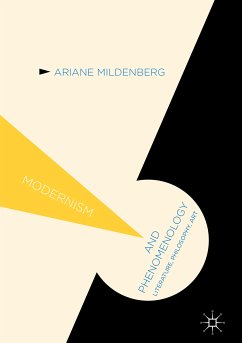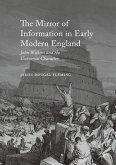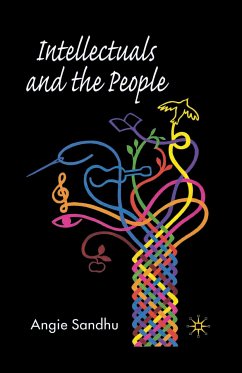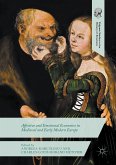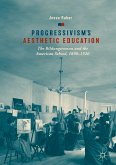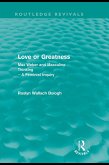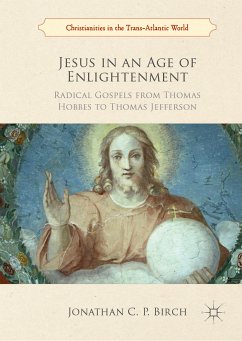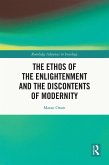Dieser Download kann aus rechtlichen Gründen nur mit Rechnungsadresse in A, B, BG, CY, CZ, D, DK, EW, E, FIN, F, GR, HR, H, IRL, I, LT, L, LR, M, NL, PL, P, R, S, SLO, SK ausgeliefert werden.
"The strengths of Ariane Mildenberg's study are undeniable. It is precise in its handling of phenomenological concepts while steering clear of technical complexities, and thus remaining perfectly accessible to the uninitiated." (Xavier Le Brun, Études britanniques contemporaines, Vol. 57, 2019)
''The exultant final chapter of Ariane Mildenberg's Modernism and Phenomenology is an upbeat and celebratory interrogation of the doubleness of experience and its expression. ... This core doubleness of interrogative openness to the strangeness of experience is explored as the heart of both modernism and phenomenology and the book does an excellent job of tracing this pulse in the work of Husserl, Heidegger and Merleau-Ponty and showing how it beats in time with many of the central texts and paintings of modernism'' (Eoghan Walls, The Oxford Literary Review, Vol. 40 (2), 2018)

